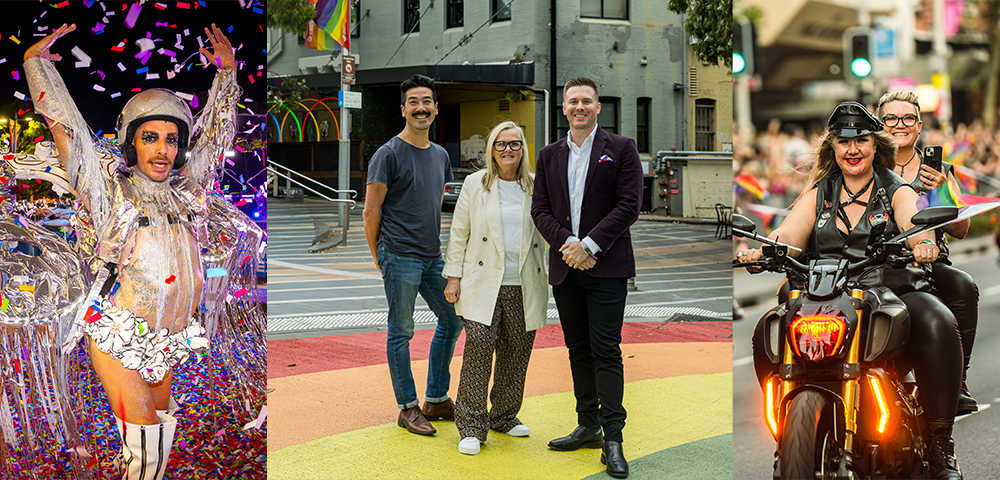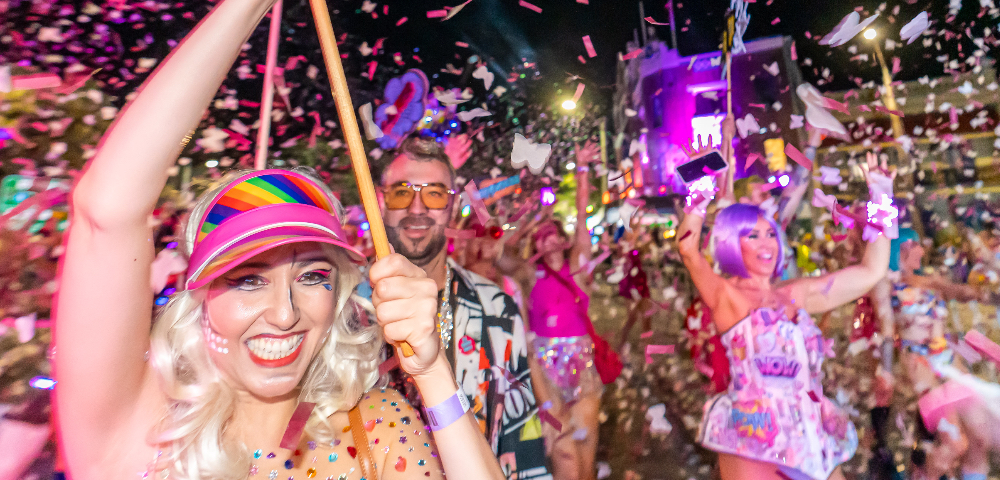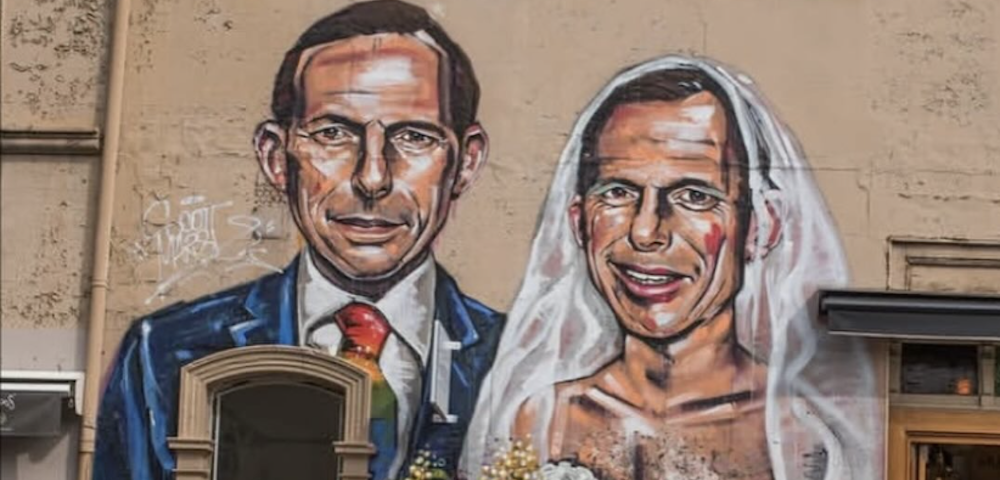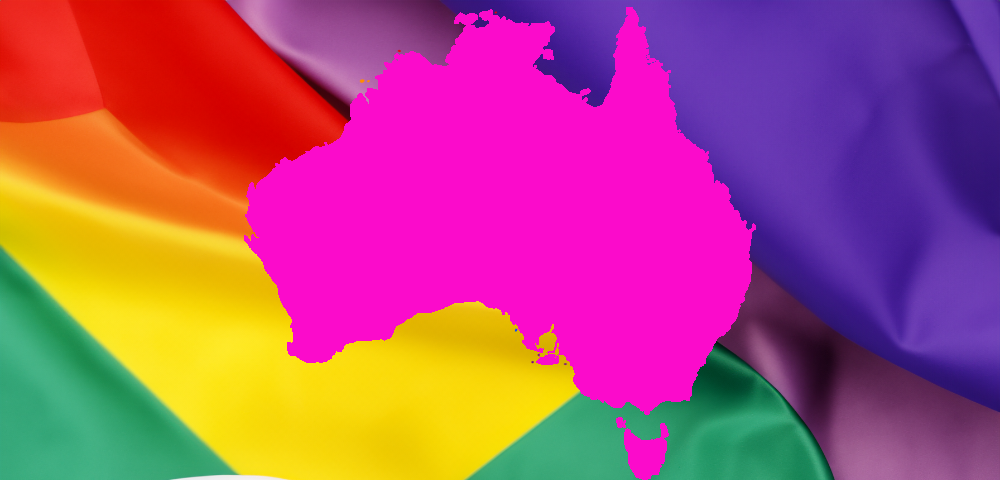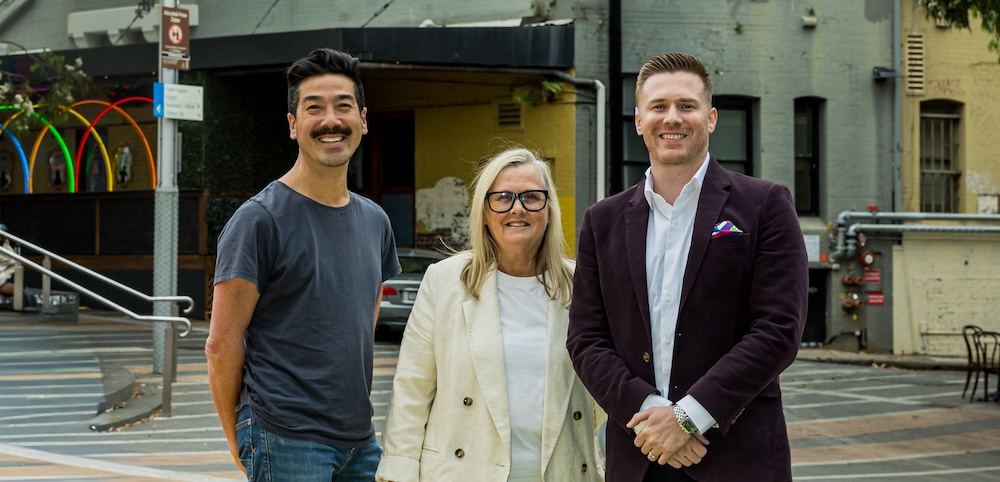
What women want
One’s an academic and a member of Bi Adelaide, the other a doctor and lesbian health activist, so it’s no surprise Mary Heath and Ea Mulligan are familiar with some of the less positive studies into lesbian lives.
Heath can easily condense the results of such studies: lesbians and bisexual women have been found to have poorer mental health, face more abuse, threats, violence and discrimination. They may have fewer health checks and appear to have higher rates of alcohol and drug use and are more likely to smoke.
But for every statistic like this, there are scores of same sex-attracted women living fabulous, happy, healthy lives. And it’s those women that are the subject of Heath and Mulligan’s current research.
The pair have interviewed 47 lesbian and bisexual women, from five Australian states and aged between late teens and 60s, asking them what made their lives happy. Heath and Mulligan will present the results of their studies at a special forum called Lesbians and Bisexual Women Are Thriving! on Friday 23 February. The Star got a preview of what makes women happy, in a chat with Flinders University law lecturer and member of Bi Adelaide Mary Heath.
Sydney Star Observer Are lesbians and bisexual women thriving?
Mary Heath Not all of us are, but certainly some of us are. And there seems to be common ground about what makes that possible. In doing this research, we asked women the question: Are you thriving? And if you are, tell us what makes your life great.
SSOWere there any constant themes?
MH Absolutely. The thing that rated top among almost everyone we spoke to was friends and partners. Their friends especially were the best source of support and making their lives good. Friends that nourish and support you, that you can talk things through with, and that you can have fun with rated absolutely top, even above partners.
But a lot of the women actually had layers of social support. They had their partner and their friends, but a lot of the women were also a part of organisations of one kind or another.
They were on a soccer team, or a same-sex dancesports club, they had an activist involvement, or a choir, or were part of organising a queer festival or parade where they were living.
And all of the women we spoke to actually felt they were part of a broader community of some kind. The lesbians tended to say they were part of a women’s or lesbian community -“ some of them identified as part of the greater queer or LGBT community.
The bisexual women had often struggled to get into a women’s or lesbian community, so were often speaking about their personal group of friends as their community, or their local bisexual organisation if they were lucky enough to have one.
SSOAny other consistent themes?
MH Honesty and self-acceptance were particularly important. Both lesbians and bi women said accepting themselves for who they were was a key turning point in their happiness. In the face of a homophobic society, that could be difficult.
And for some of the bi women, they faced people telling them that bisexuality didn’t exist and wasn’t possible. Self-acceptance seemed to be a jumping-off point for lots of other positive things in life.
That was also connected to coming out. Coming out was pretty highly recommended. That’s not to say women were suggesting coming out to everybody. A lot of women said that you need to choose the right times and circumstances, but when you’ve found those times, go for it. Because coming out will make your life a whole lot better and really good things can come from it.
SSO Were there any particularly surprising results?
MH One of the things we didn’t predict was that every woman we spoke to had activities that she was really passionate about, even if there was very little common ground about what they were. Some were absolutely passionate about music.
We spoke to a woman who made ‘zines. One of the women was a stand-up comic. There were women who loved to play sport. Women who were absolutely passionate about sex. Writing, singing, travel, you name it. Every woman had at least one activity that she described in very passionate terms.
SSO Did you make a point of including bisexual women in the research?
MH It was a concrete decision. Although we spoke to a few women who identified as queer, we advertised for lesbians and bisexual women because we wanted to include both in our research. And we were pretty confident that bisexual women would not respond if we didn’t advertise for them specifically.
I think for many bisexual women the sense of welcome for them from the lesbian community is limited. So unless there’s a direct call, bi women often won’t respond. But we know from the existing research into lesbian health that where evidence is available it tends to suggest that things are bad for lesbians and worse for bisexual women.
So we were very keen to hear from bisexual women who were doing well, so we could disseminate that information.
SSOWhat will you do with the research now?
MH We’re very keen to communicate our results not just to women in our community who we think would like to hear how other women are doing well and what makes their lives really sing. We’re also keen to provide that information to service providers who might be encountering us.
An example: Lesbians and bi women do encounter GPs, and we know that we’re encountering a GP. But a lot of GPs don’t know they’re encountering a lesbian or bi woman, and don’t understand the implications of that silence if that woman’s not out to them.
Lesbians & Bisexual Women are Thriving! will be held at ACON, 9 Commonwealth St, Surry Hills, on Friday 23 February from 6pm-7:30pm. The forum will include information about different community organisations and services for lesbians and bisexual women, and light refreshments will be provided. Email mmahamati@acon.org.au for RSVPs and information.




